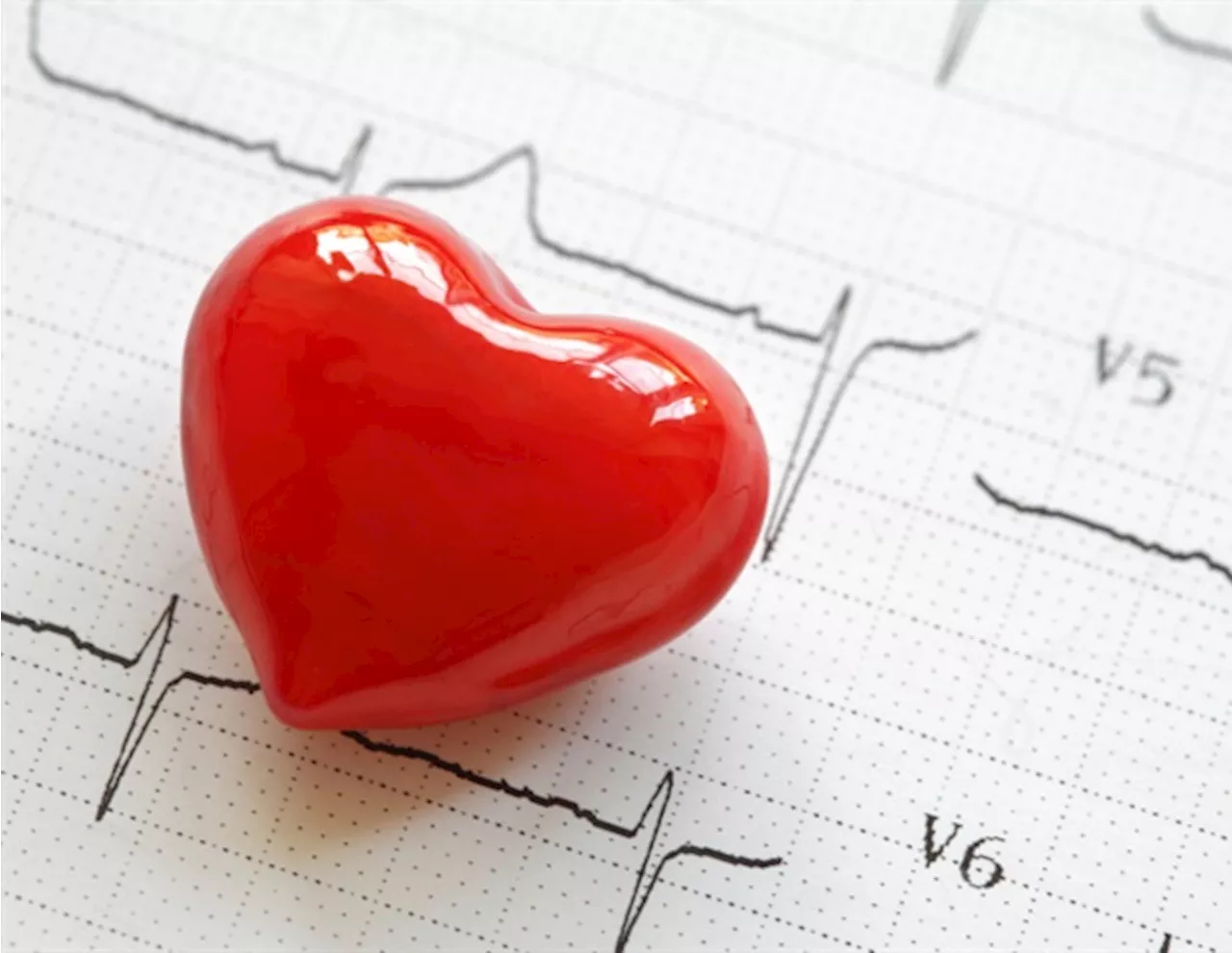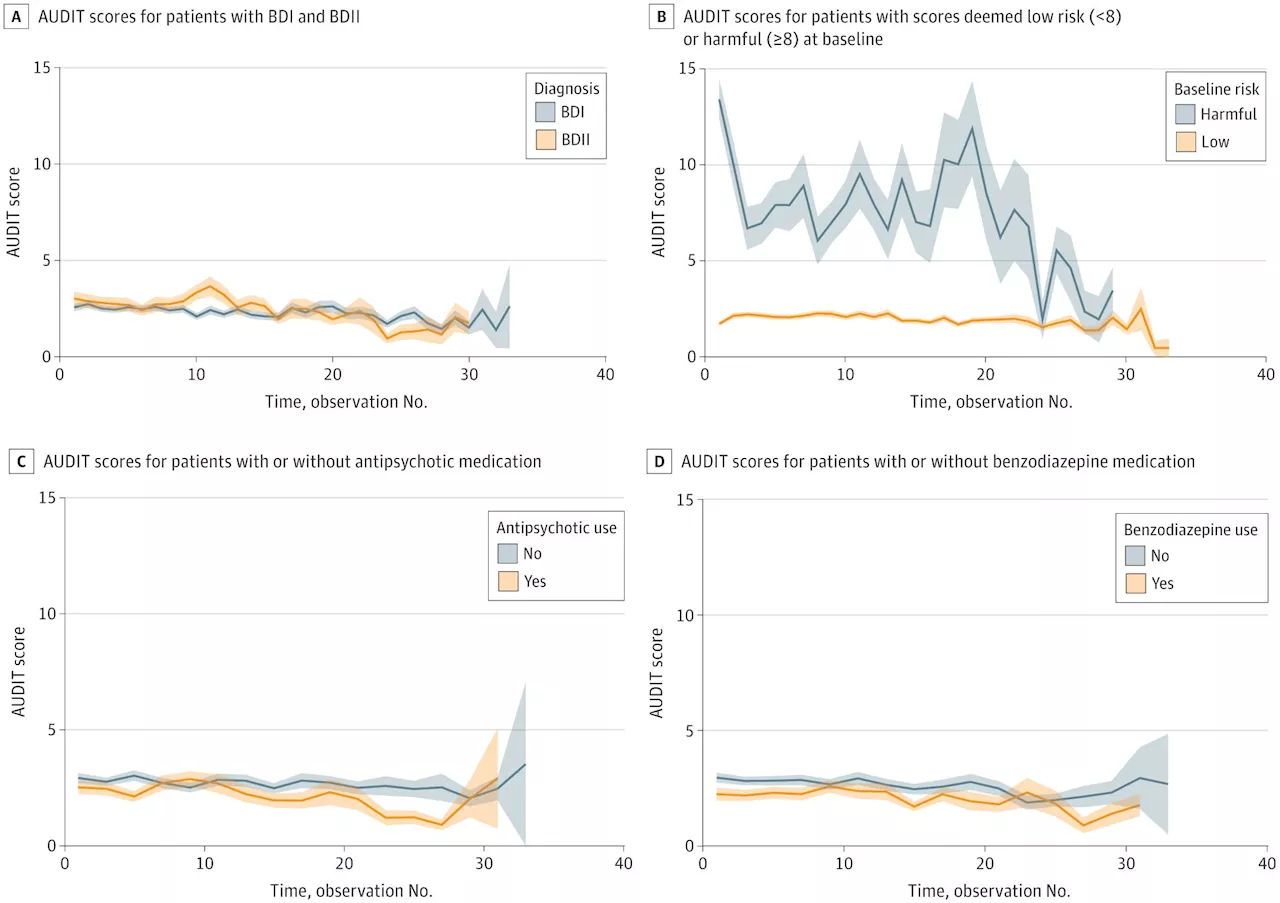A new study, out now in Drug and Alcohol Dependence, that details trends among psychiatric hospitalizations between 2015-2019 finds that while most hospitalizations did not involve any substances, methamphetamine-related hospitalizations have increased while overall number of psychiatric hospitalizations remained stable.
University of Colorado Anschutz Medical CampusAug 16 2024
Rates of methamphetamine-involved psychiatric hospitalizations with were by far the highest in the Mountain West. As expected, this mirrors rates of self-reported methamphetamine use and methamphetamine-related overdose deaths in the Mountain West. Psychiatric hospitalizations involving methamphetamine use is really taking off in the Midwest and Northeast, in particular."
While rates of methamphetamine-related psychiatric hospitalizations increased 68% over the study period, opioid-related hospitalizations decreased by 22%. Methamphetamine rate increases may be attributed to methamphetamines ubiquitousness and affordability, as well as the lack of resources available to manage methamphetamine use. Why opioid-involved psychiatric hospitalizations declined is less clear but may be related to the lethality of fentanyl.
Alcohol Dependence Education Fentanyl Hospital Overdose Research
United Kingdom Latest News, United Kingdom Headlines
Similar News:You can also read news stories similar to this one that we have collected from other news sources.
 Study finds larger warning labels with pictures linked to lower desire to consume alcohol productsYoung adult men who viewed alcohol warning labels experienced a lower activation of the reward circuits in their brains when the warnings were larger and involved pictures, compared to more familiar small-text warnings. These findings could inform more effective messaging on alcohol-containing beverages and advertisements.
Study finds larger warning labels with pictures linked to lower desire to consume alcohol productsYoung adult men who viewed alcohol warning labels experienced a lower activation of the reward circuits in their brains when the warnings were larger and involved pictures, compared to more familiar small-text warnings. These findings could inform more effective messaging on alcohol-containing beverages and advertisements.
Read more »
 Study demonstrates effective screening and intervention for unhealthy alcohol use in primary care settingsBetween 2015 and 2019, excessive alcohol use resulted in over 140,000 deaths and 3.6 million years of potential life lost annually in the United States, making it the fourth leading cause of preventable death in the country. Despite these staggering numbers, only 4%—approximately 1.4 million people—received treatment for their condition.
Study demonstrates effective screening and intervention for unhealthy alcohol use in primary care settingsBetween 2015 and 2019, excessive alcohol use resulted in over 140,000 deaths and 3.6 million years of potential life lost annually in the United States, making it the fourth leading cause of preventable death in the country. Despite these staggering numbers, only 4%—approximately 1.4 million people—received treatment for their condition.
Read more »
 Blackpool health update shows 'high levels of drug and alcohol abuse'Drug deaths in the Lancashire town are almost four times higher than in the rest of England
Blackpool health update shows 'high levels of drug and alcohol abuse'Drug deaths in the Lancashire town are almost four times higher than in the rest of England
Read more »
 Study suggests lifetime selection biases skew positive health claims in alcohol researchResearchers identified and tested study characteristics that may bias estimates of all-cause mortality risk associated with low-volume alcohol consumption using theory and evidence.
Study suggests lifetime selection biases skew positive health claims in alcohol researchResearchers identified and tested study characteristics that may bias estimates of all-cause mortality risk associated with low-volume alcohol consumption using theory and evidence.
Read more »
 New study debunks the health benefits of moderate alcohol consumptionProbably everyone has heard the conventional wisdom that a glass of wine a day is good for you--or you've heard some variation of it.
New study debunks the health benefits of moderate alcohol consumptionProbably everyone has heard the conventional wisdom that a glass of wine a day is good for you--or you've heard some variation of it.
Read more »
 Bipolar disorder and alcohol: It's not as simple as 'self-medication,' says studyBipolar disorder and alcohol problems seem to go hand-in-hand, leading to a widespread belief that drinking acts as a kind of 'self-medication' to ease bipolar's life-altering symptoms of mania, depression, anxiety, sleep disturbances and more.
Bipolar disorder and alcohol: It's not as simple as 'self-medication,' says studyBipolar disorder and alcohol problems seem to go hand-in-hand, leading to a widespread belief that drinking acts as a kind of 'self-medication' to ease bipolar's life-altering symptoms of mania, depression, anxiety, sleep disturbances and more.
Read more »
